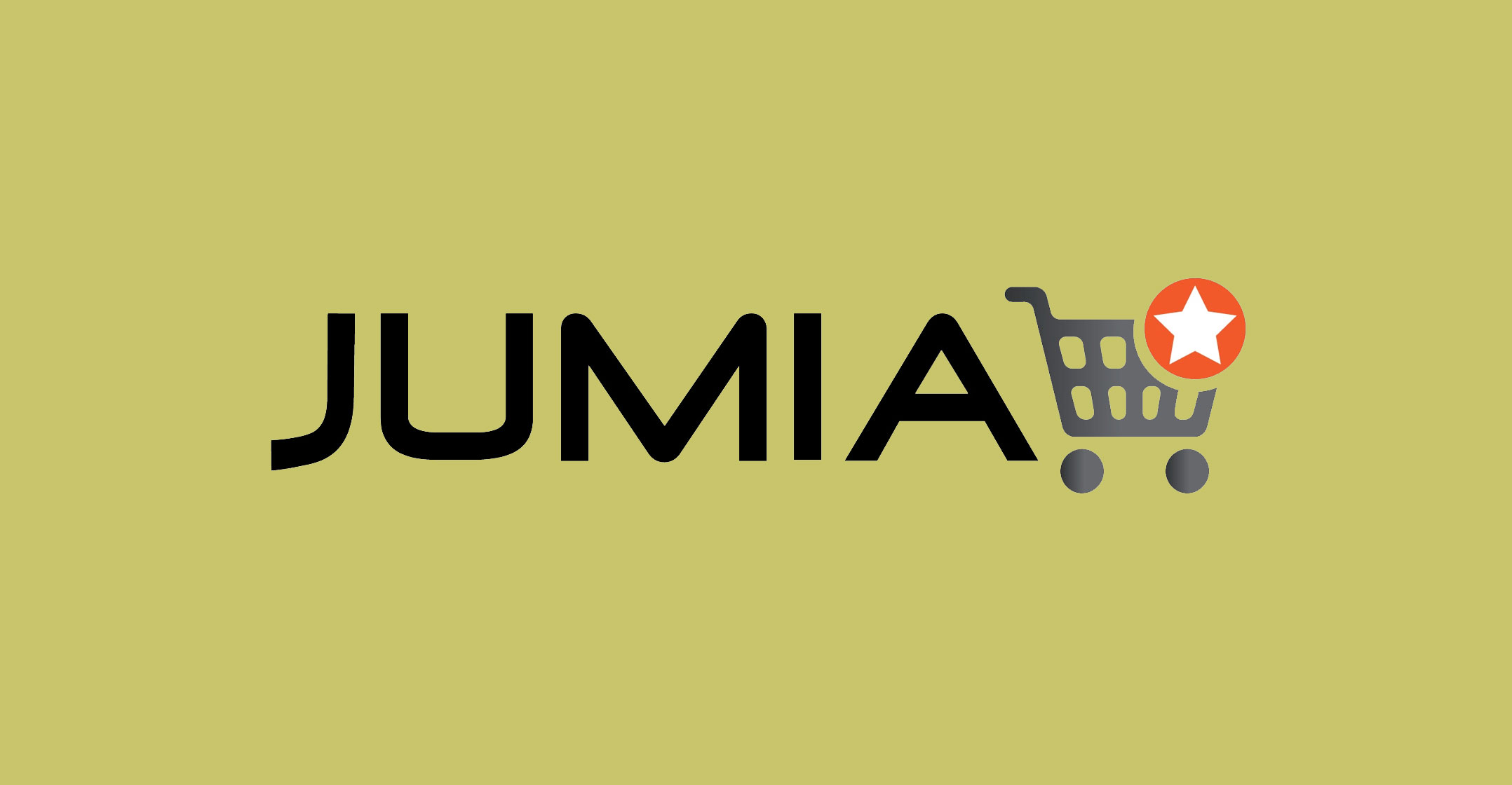 Jumia Technologies’ plan to expand its online retail and trading platform in less developed parts of Africa has long had one significant challenge: a lack of formal addresses for deliveries.
Jumia Technologies’ plan to expand its online retail and trading platform in less developed parts of Africa has long had one significant challenge: a lack of formal addresses for deliveries.
That may be about to change due to an agreement with Vivo Energy, the London-listed owner of more than 2 100 Shell and Engen-branded service stations across the continent. Under the terms of the deal, the sites will be used as pick-up points for Jumia-bought goods and customers will be able to pay for them at the same time as buying gas.
“We are constantly looking at how we can further adapt our technology to be a part of the local infrastructure and become more accessible to more customers,” said Boris Gbahoue, a marketing vice president at Jumia. “The partnership with Vivo will enable Jumia to conveniently deliver products to current and new customers, including in remote areas.”
Jumia, often referred to as Africa’s Amazon, was founded by French entrepreneurs Sacha Poignonnec and Jeremy Hodara in 2012 and now has more than four million customers. Operating in Nigeria and 13 other African markets, the Berlin-based company has to overcome challenges such as a lack of Internet penetration, mapping and customers without bank accounts. For Vivo, the deal brings an opportunity to further expand its fast-growing non-fuels business.
Both companies have sold shares in international markets over the past 18 months. Jumia has gained 35% since an initial public offering in New York in April and is worth US$1.5-billion, while Vivo listed in London a year earlier and is worth about $1.9-billion.
Their partnership will initially be rolled out in Kenya, Morocco, Senegal and Ivory Coast. — (c) 2019 Bloomberg LP



